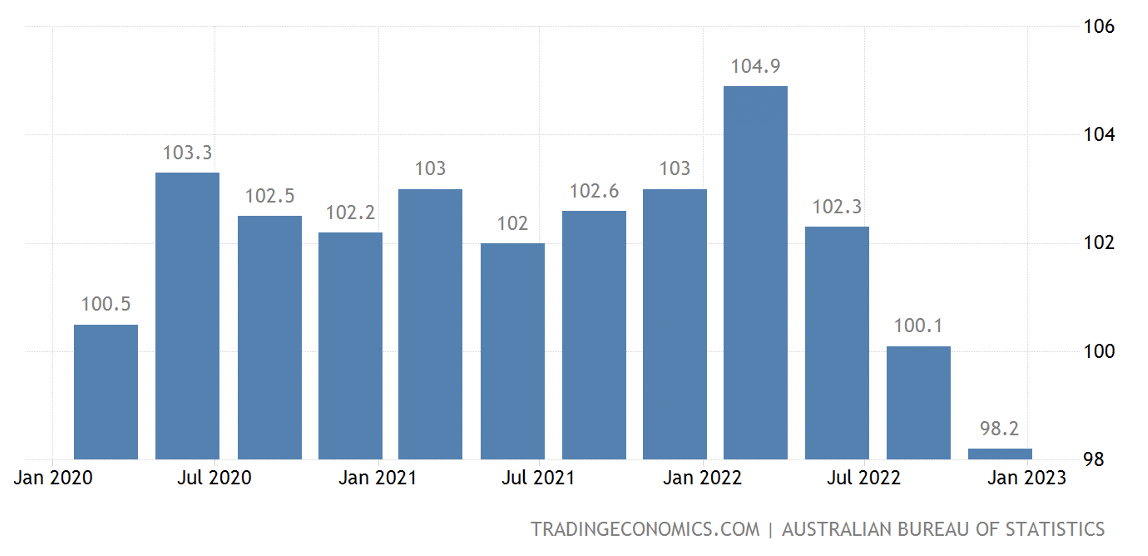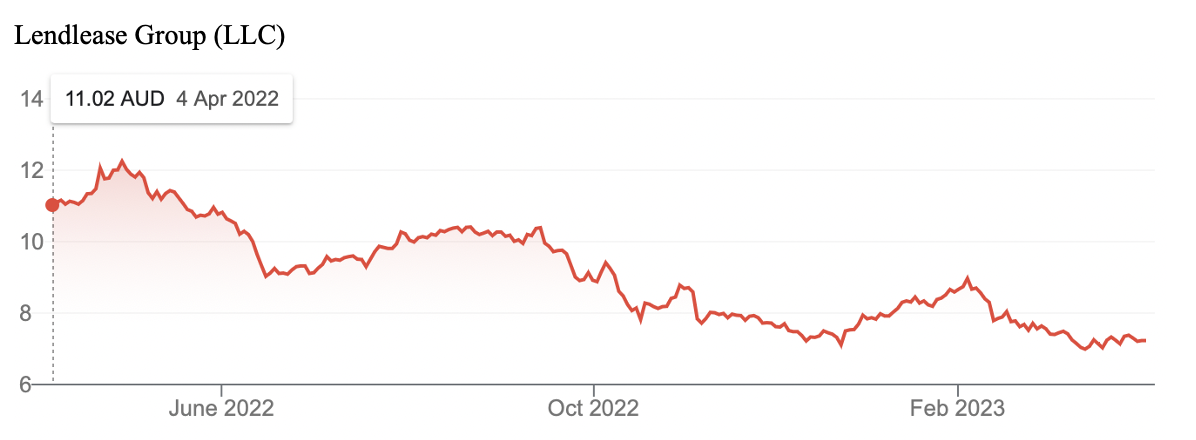

The pandemic of 2020 changed many things in our lives. We all know Zoom or Microsoft teams and many of us use these platforms. Non-online shoppers during lockdowns embraced the tech-driven way of doing retail therapy and nearly everyone came to understand what the word “pivot” meant.
Interestingly, the sales of Corona beer hasn’t fallen. In fact, the brewer’s sales have gone up, thanks to greater drinking during lockdowns!
But the biggest social change with potentially the greatest impact on us all is the work-from-home (WFH) phenomenon. And a SMH yarn from Matt O’Sullivan has looked at train activity since the Coronavirus and Monday wins hands down as the preferred day to stay home to work. What makes these numbers look like they show a permanent shift in employees’ attitudes to where they work, is the fact that pre-pandemic weekend travelling has pretty well returned to normal.
The favoured days to go back to the workplace are Tuesdays, Wednesday and Thursdays. These are now 75% of the pre-pandemic levels and these mid-week train riders have been nicknamed TWATs — Tuesdays, Wednesdays And Thursdays!
Mondays train data indicated that 30% of workers who used to take the train on the first day of the week are now working from home. It would be intriguing to see what golfing numbers are like on what would’ve once been a quiet day for golf.
Golf Monthly recently looked at “8 ways golf has changed for the better post-pandemic” but the bigger question has to be: Is WFH good for the economy?
The way to test that is to first look at the country’s productivity, which boomed in the lockdown years of 2020-2022 to 104.9 in January 2022. But it has been downhill ever since. The latest read is 98.2, which is below the pre-pandemic level.

Mathew Hounsell, a researcher at the University of Technology’s transport research centre, throws an interesting question into the explanation of why WFH is so popular. He suggests that maybe there “is a bit of a recession under way” so some people will be at home but not working!
I doubt that right now, but an economic slowdown is coming and the question will be who will lose their jobs first? WFH’ers or WAWs — workers at work?
The RBA has explained the value of productivity saying that “productivity growth is important for maintaining the economic welfare and prosperity of all Australians. Productivity growth can contribute to one or a combination of the following: Higher wages, lower prices, higher profits and stronger economic growth.”
As the RBA put it: “This leaves productivity growth as the main driver of higher living standards in the long run.”
The WFH trend clearly is a great assistance to families who can save money on travel costs and childcare outlays, but if it undermines the productivity and profits of businesses and the economy, it not only could slow the economy down and reduce job creation, it could see employers looking to places in Asia for people to work-from-home in countries where there are lower wages, no trade unions and payroll tax.
Right now, office block owners are in a world of pain because of the WFH trend and this chart for the Lendlease group shows it in its share price over the past year. The share price is down 34% this year and off 62% since February 2020 and the start of the pandemic.

The WFH trend might be good for households and golf clubs but whether it’s great for the productivity, job creation and standards of living is going to be a big watch over the next couple of years. I don’t expect a local recession but a slowdown linked to the spike in interest rates and the mortgage cliff are bound to slow the economy down, which will push unemployment up.
Who loses their jobs first could be a big test for the popularity of this WFH post-pandemic phenomenon.